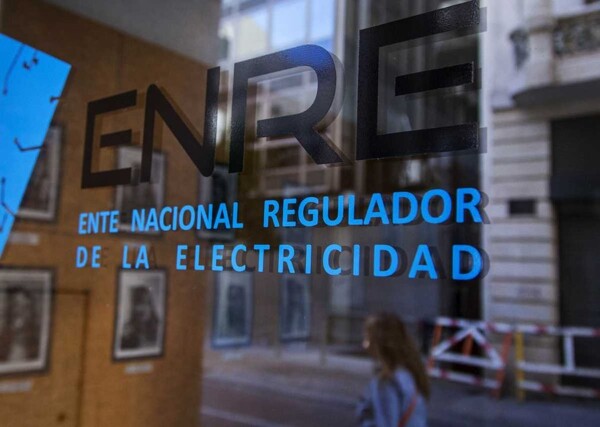
The Argentine government reported that it will adjust the increases in electricity rates following the publication of two resolutions from the National Electricity Regulatory Agency (ENRE) in the Official Bulletin. The Ministry of Energy also announced a reduction in the discounts, which will go from 72% to 60% for low-income users and from 55% to 50% for medium-income users.
In general terms, subsidies to the energy sector have decreased by 35% in 2024 due to increases in electricity and gas rates, while lower import costs have been recorded. Despite the rates rising by 431% in a year, the inflation rate during the same period has been 85%, representing a considerable real increase.
The Argentine government faces the challenge of managing energy subsidies with the aim of reducing costs and meeting the requirements of the International Monetary Fund (IMF) to improve the fiscal sustainability of the sector. A measure is being worked on from the Ministry of Economy and the Ministry of Energy to adjust the new rate tables. The unification of discounts for low and medium-income users will be applied throughout the year 2025, not on a monthly basis.
The resolutions from the ENRE had established increases of 2.1% for high-income households, 12.3% for low-income, and 8.4% for medium-income. However, the Ministry of Energy clarified that it was an error and that rates will only rise by 1.5% starting in February. This confusion arose due to the decision to gradually reduce subsidies for medium and low-income households.
According to estimates, low-income households currently cover only 28% of the cost of electricity generation, while medium and high-income households pay 43% and 85% respectively. The adjustment in rates is due to the improvement in gas transportation capacity and the reduction in international prices.
The Minister of Economy, Luis Caputo, seeks to align rate increases with a lower monthly inflation forecast. It is expected to be between 1.5% and 1.6% for February. Until the adjustments are applied, the new rates will be in effect starting February 1. Additionally, the ENRE approved a 4% increase in the revenues of the distributors Edenor and Edesur, which will be considered in the five-year tariff review.














